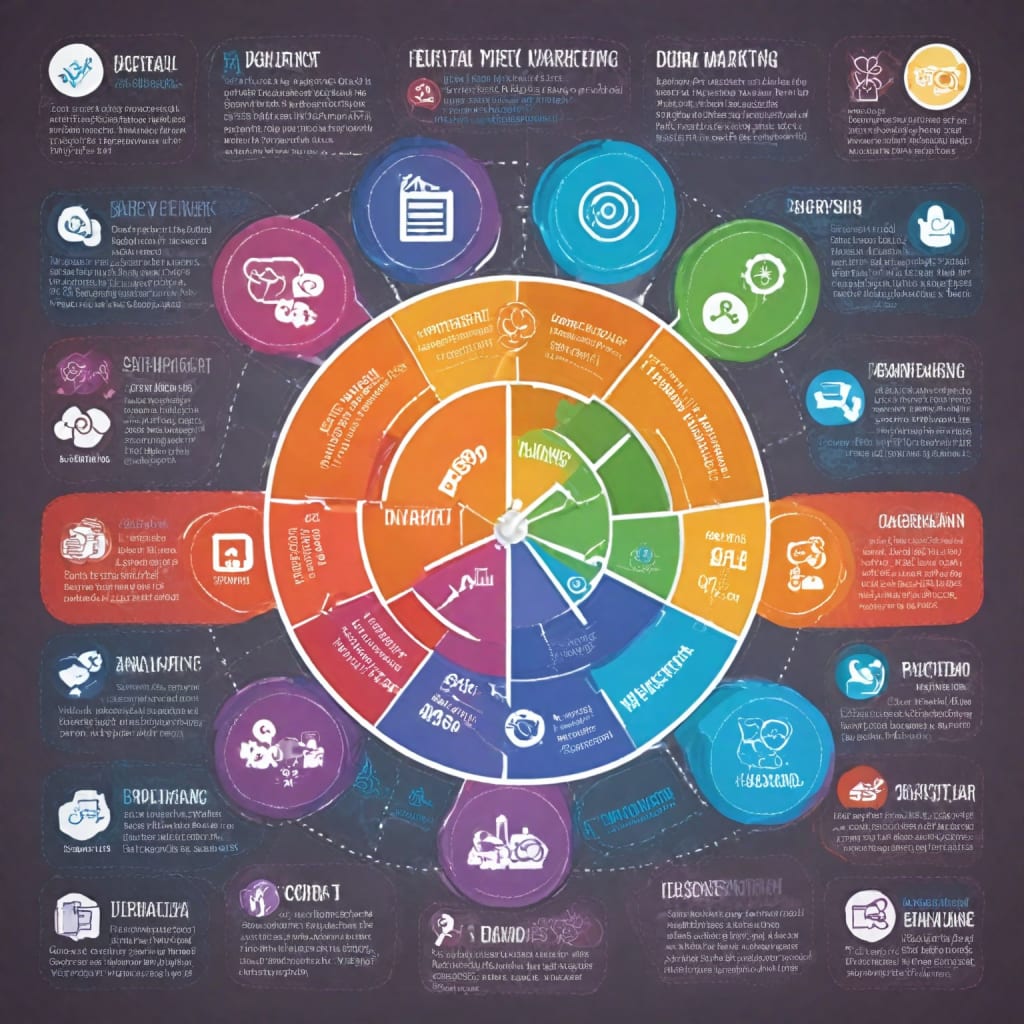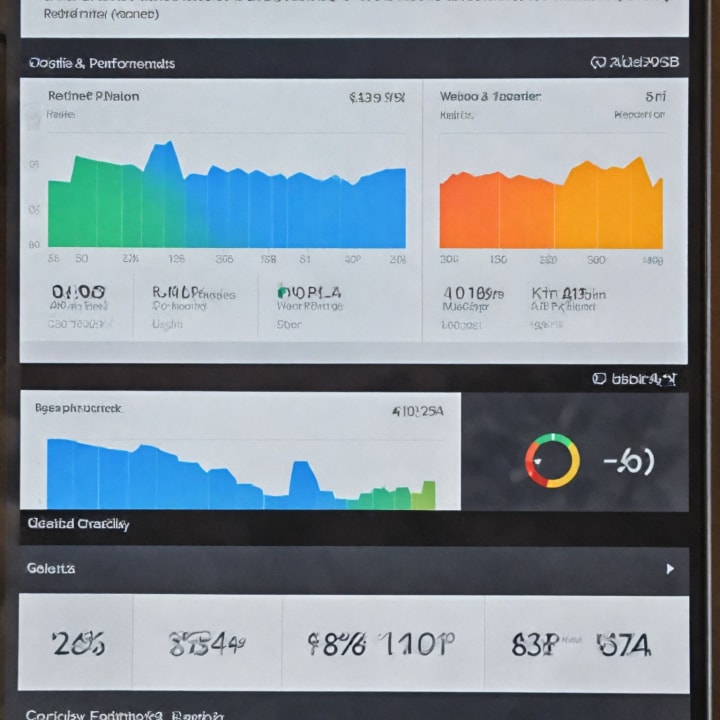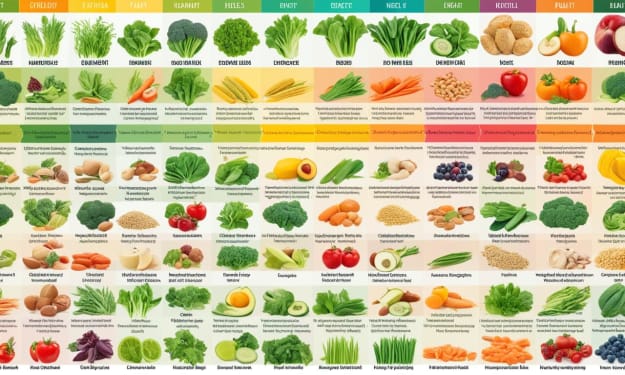The Ultimate Guide to Digital Marketing
digital marketing, ultimate guide

Introduction
In today's digital age, marketing has evolved far beyond traditional methods. Digital marketing, a dynamic and ever-changing field, requires a strategic approach to reach and engage the right audience effectively. This comprehensive guide will walk you through the essential aspects of digital marketing, offering valuable insights and actionable tips to elevate your online presence.
What is Digital Marketing?
Digital marketing encompasses all marketing efforts that use an electronic device or the internet. Businesses leverage digital channels such as search engines, social media, email, and websites to connect with current and prospective customers.
The Importance of Digital Marketing
In a world where the internet is integral to daily life, digital marketing offers unparalleled opportunities to reach a broad audience. It allows for targeted campaigns, real-time analytics, and measurable results, making it a crucial component of modern business strategies.
Key Components of Digital Marketing
Search Engine Optimization (SEO)
SEO involves optimizing your website to rank higher in search engine results pages (SERPs), increasing organic (non-paid) traffic. This includes keyword research, on-page optimization, and building quality backlinks.
Content Marketing
Content marketing focuses on creating and distributing valuable, relevant content to attract and retain a clearly defined audience. It aims to drive profitable customer action by providing content that educates, entertains, or inspires.

Social Media Marketing
Social media marketing uses platforms like Facebook, Instagram, and Twitter to promote products or services. It involves creating engaging content, running ads, and interacting with followers to build a strong online community.
Pay-Per-Click (PPC) Advertising
PPC advertising allows businesses to place ads on search engines and other platforms, paying a fee each time the ad is clicked. Google Ads is a popular PPC platform that enables precise targeting and budget control.
Email Marketing
Email marketing involves sending targeted emails to a list of subscribers. It can be used to promote products, share news, or nurture customer relationships through personalized content and offers.
Developing a Digital Marketing Strategy
Creating an effective digital marketing strategy requires a thorough understanding of your business goals, target audience, and competitive landscape. Here are the steps to develop a robust strategy:
Define Your Goals
Start by setting clear, measurable goals that align with your business objectives. Whether it's increasing website traffic, generating leads, or boosting sales, having defined goals will guide your strategy and help measure success.
Identify Your Target Audience
Understanding your audience is crucial for crafting messages that resonate. Conduct market research to gather insights into their demographics, preferences, and online behavior.
Conduct a Competitive Analysis
Analyze your competitors' digital marketing efforts to identify strengths, weaknesses, and opportunities. This will help you differentiate your brand and develop strategies to gain a competitive edge.
Create Engaging Content
Content is the backbone of digital marketing. Develop a content plan that includes blog posts, videos, infographics, and other formats that align with your audience's interests and needs.
Implement SEO Best Practices
Optimize your website and content for search engines by incorporating relevant keywords, improving site speed, and ensuring mobile-friendliness. Regularly update and refresh your content to maintain high rankings.
Leverage Social Media
Choose the social media platforms where your audience is most active and create a consistent posting schedule. Engage with your followers through comments, messages, and interactive content like polls and live videos.
Invest in Paid Advertising
Use PPC campaigns to boost visibility and drive targeted traffic to your website. Monitor and adjust your ad spend to maximize return on investment (ROI).
Analyze and Optimize
Regularly review your digital marketing performance using tools like Google Analytics. Analyze key metrics such as website traffic, conversion rates, and engagement levels to identify areas for improvement.
Conclusion
Digital marketing is a powerful tool for businesses of all sizes, offering the ability to reach a global audience with precision and efficiency. By understanding its core components and developing a strategic approach, you can harness the full potential of digital marketing to achieve your business goals.
About the Creator
Derrick Juma
I am a Professional Freelance Writer and Software Engineer. I started content writing five years ago and have since written hundreds of thousands of words across many different types of writing: website content, blog posts e.t.c.
Enjoyed the story? Support the Creator.
Subscribe for free to receive all their stories in your feed. You could also pledge your support or give them a one-off tip, letting them know you appreciate their work.






Comments
There are no comments for this story
Be the first to respond and start the conversation.